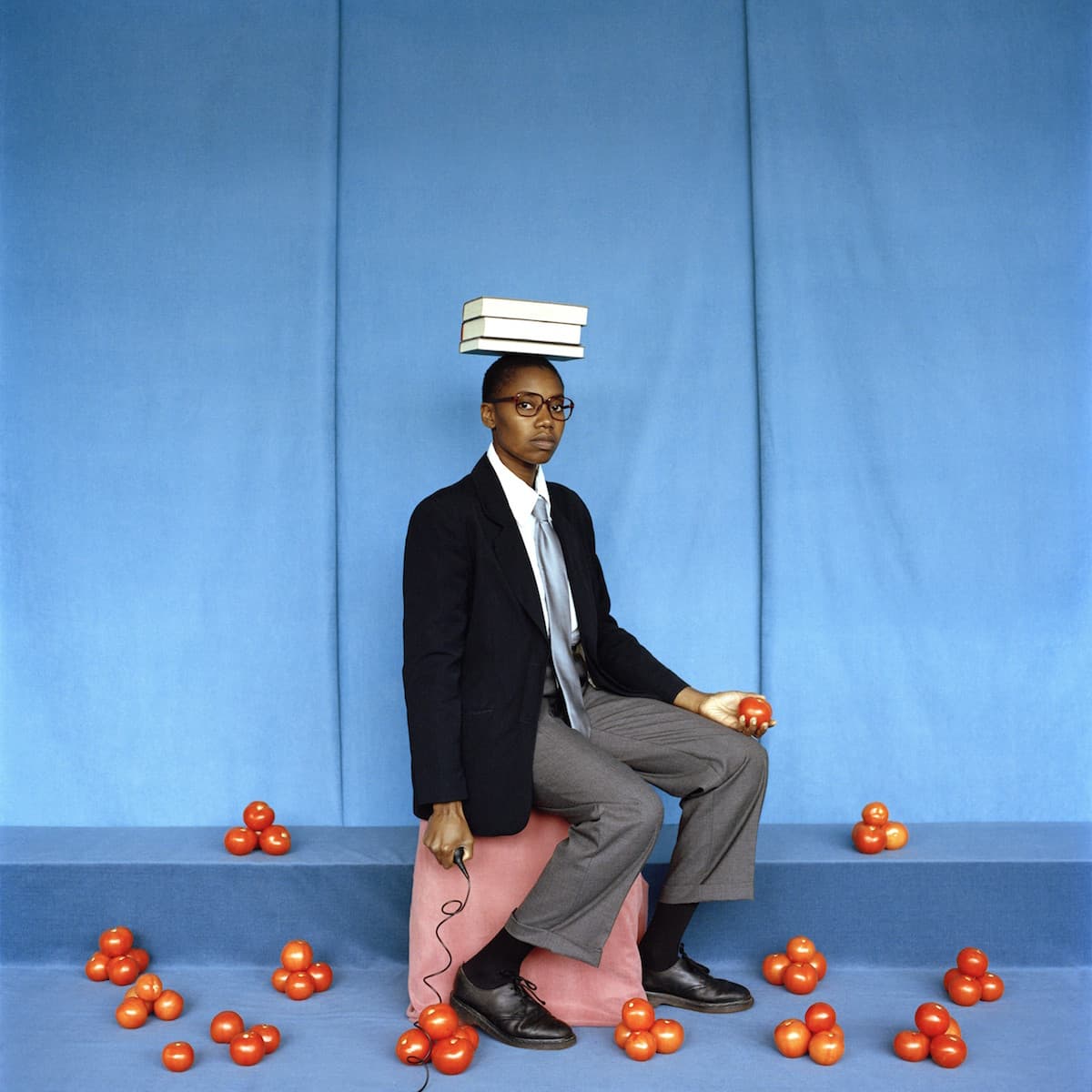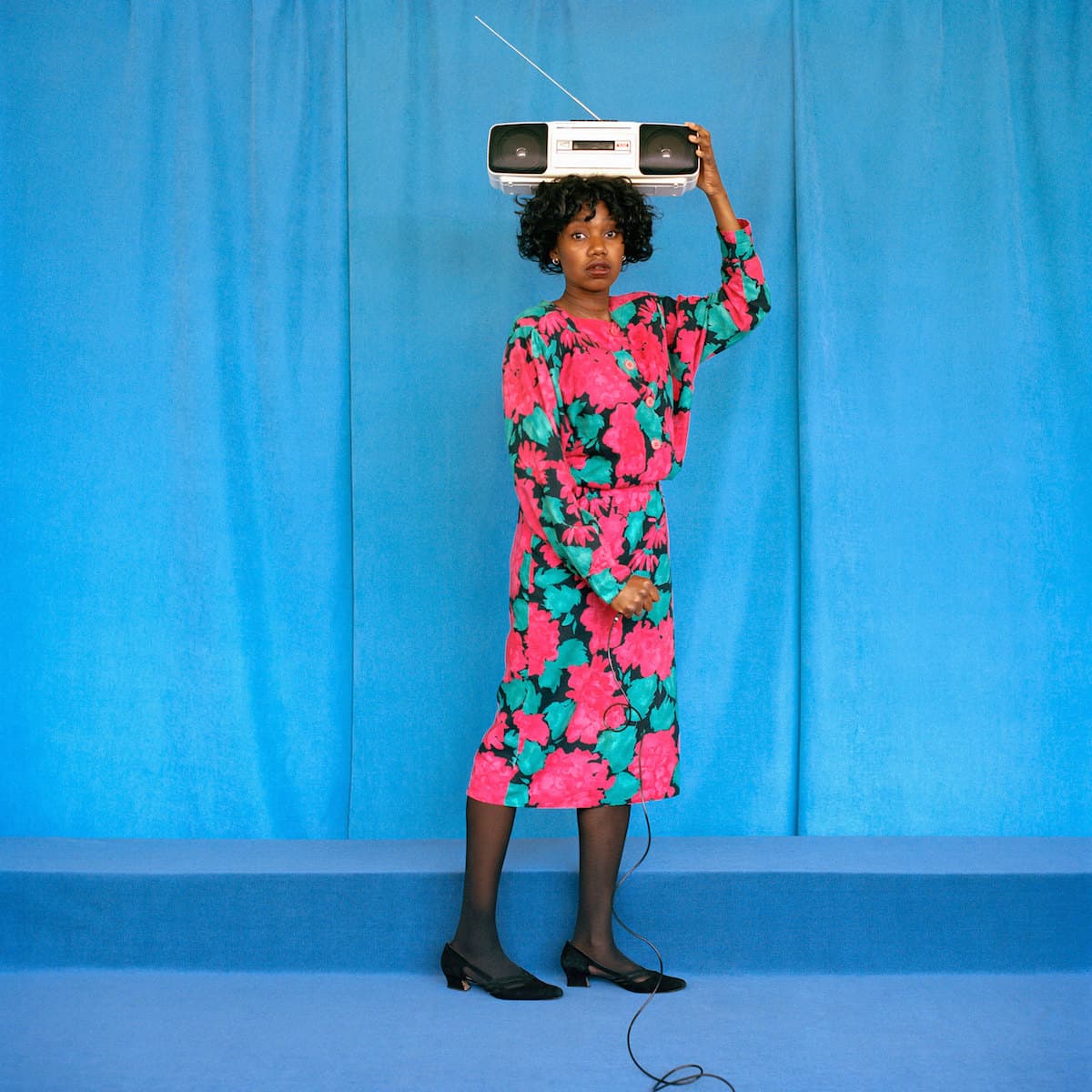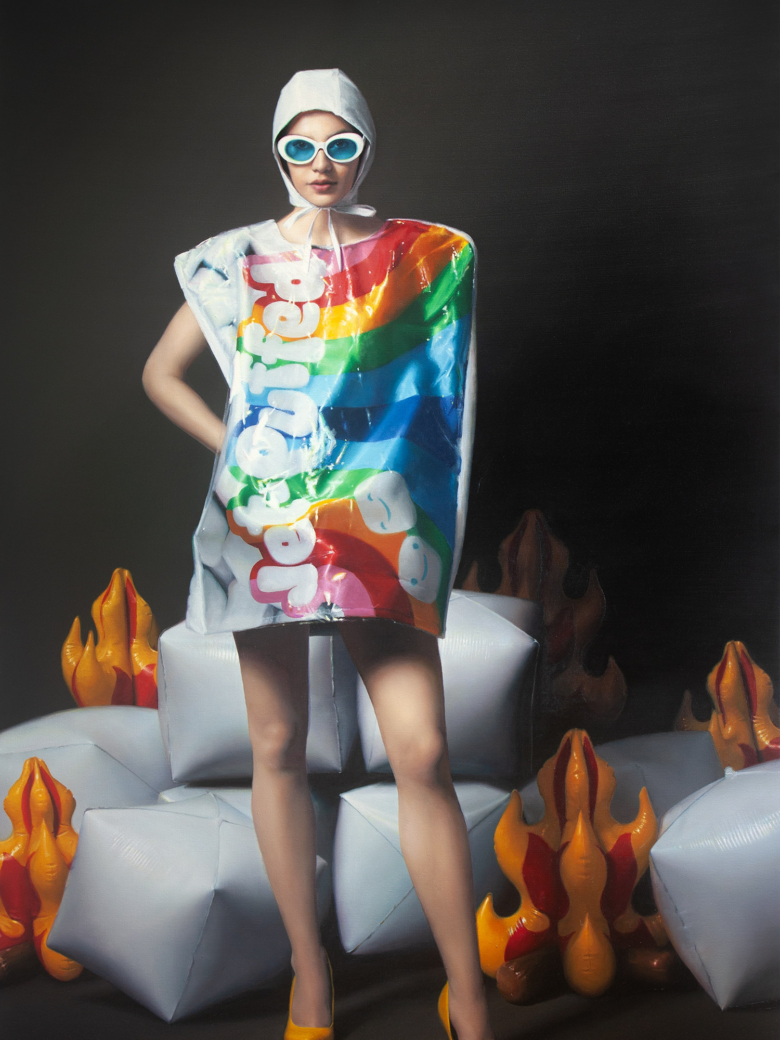Inspired by old photographs, Silvia Rosi explores heritage and family history
For Silvia Rosi, photography is a medium that ties an exploration of her identity with wider issues around migration, memory and experiences of living in the diaspora. In fact, her initial connection to photography comes from the role that looking at old photographs played in understanding her own family history. “My family doesn’t talk much about the past and migration; everything I know about that is from looking at images from the family album and asking questions based off them,” she tells HUNGER over the phone. “The family album was the easiest way of gathering information about my family and now making photography about my family is a continuation of that journey.”
For her sensitive, visually striking work, the Togolese-Italian photographer was awarded the Jerwood/Photoworks prize for emerging talent in late 2018, receiving £10,000 in order to further her practice. The result is a series of photographic works in colour and black and white, as well as her first forays into video. Alongside pieces by Theo Simpson, her co-recipient, these will soon be exhibited at Jerwood Arts in London before touring the rest of the UK.
Amongst the works on display, one is immediately struck by a pair of self portraits set against a cyan blue backdrop which see the artist take up the personas of her father and mother to explore their experiences of migrating from Togo to Italy before her birth. Speaking to Rosi, she explains that the two images — one showing her dressed in a button-up suit with a stack of books balanced on her head, surrounded by tomatoes, and the other depicting her in a pink and green dress, with a radio poised atop her head — inhabit oral histories of migration as told by her mother. “All the elements I had to build the images were created through conversations with my mum. Even the pictures of my dad are from my mother’s point of view, because I never met him,” she says.

Particularly poignant are the events that informed her self-portrait as her father, a story of loss made tangible through her photography. “My dad came from an educated family in Lome and he wanted to come to Italy to study, find a good job, save some money and eventually move back to Togo. When he moved to Italy, he found a completely different reality. When my mum moved there a year later she found him picking tomatoes,” she says. “The tomatoes represent that but the way he’s dressed with the books is symbolic for his status, his education and the image he had of himself. All of the information about this has come from my mum; she would tell me that he would wear a suit all the time, carry books around and be very interested in conversation and the exchange of ideas, so I tried to convey this image of him.”
Contrastingly, however, her depiction of her mother draws upon a past moment that was filled with hope for the future. “When my mum arrived to Italy she found a job as a nanny. While she was working in the house she overheard on the radio that they were going to pass a law that would legalise every migrant on Italian soil, so here the radio is symbolic for that event,” she clarifies. However, the radio serves a dual purpose within the image, gesturing towards a broader aesthetic tradition. “The radio also references, in a not too direct way, the West African studio portrait where the radio is used to convey ideas of youth and life in the city. I’m using it in a different way, as a symbol of freedom of movement for migrants in the beginning of the ‘90s.”

Elsewhere, across Rosi’s exhibited videos, is a deconstruction of head-carrying techniques, which allows her to gesture towards the skills known to her mother and grandmother, but which she herself was estranged from due to cultural displacement. “I spent some time in Senegal and learned from women to tie the fabric ring that stabilises the load in head-carrying,” she explains. “This work is visible in the first video, where I wear a school uniform to represent the formation as a head-carrier. However, then there’s a video where my mother and grandmother are performing the same gesture but doing it in a way which is more traditionally Togolese.”
These are common themes across the body of work which Rosi has produced, allowing her to engage with her familial past in new ways and ultimately improve her self-understanding. “The project has a lot to do with learning something that has gone missing and filling in a gap in my family history where everyone from my mother, grandmother and her mother before her were market traders,” she says. “Migration broke this chain of tradition, so with this work I’m trying to reconnect with something that’s becoming lost in my family.”
Silvia Rosi’s work is on display at Jerwood Arts as part of the Jerwood/Photoworks Award 2020 from 15 January – 8 March 2020. Further information can be found here.

